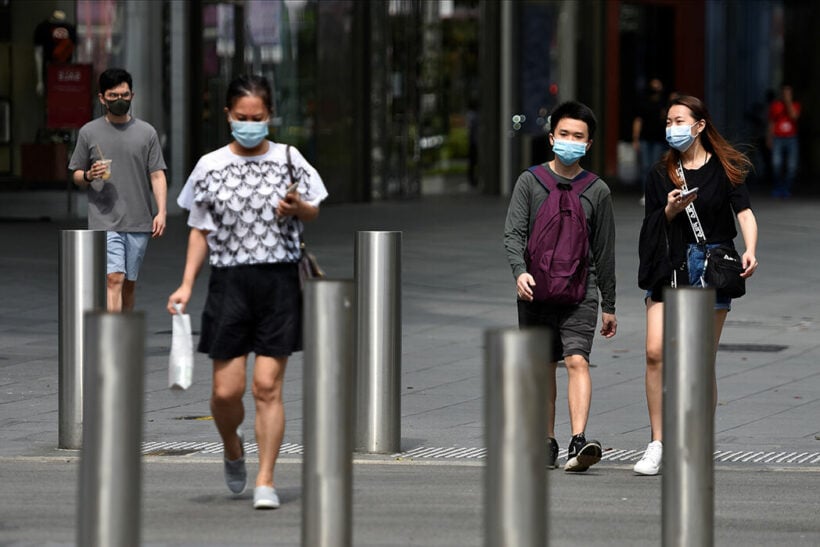The Singapore Covid experiment – is there a path to the new normal?

“Singapore’s reopening would be gradual, package by package, nothing big bang. Each step of the way, make sure we keep populations safe.”
Singapore, with its 5.7 million residents, is looking to a longer term blueprint to manage Covid. Whilst some countries are still committee to containing and controlling the virus, some Singaporean ministers are imagining a future where Covid is a part of life in the island state that needs to be managed as part of the wider public health system.
Only 36 people have died of Covid-19 in Singapore, a remarkably low number, considering the 62,913 Covid infections detected across the past 14 months.
Singapore acted quickly to shut its borders and has had a well-managed, and enforced, range of restrictions and lockdowns which have provided a good result. Contact tracing, testing programs and strict quarantine has worked well up to this time – currently there is a 21 day quarantine for arrivals.
But, looking ahead, some ministers are imaging a new future where the country, so reliant on travellers and trade, can keep the doors open whilst managing new infections.
Last month 3 Singaporean ministers had an editorial published in the Straits Times, a pro-government mouthpiece, laying out a possible roadmap to what the writers described as a “new normal”. The article, much shared, was a radical departure for the island state’s “zero transmission” mode.
To be clear the whimsy of the writers is not official policy of the Singaporean government but was published as an unofficial testing-of-the-waters to seek reaction from citizens.
The vision is that SARS-CoV-2 (Covid-19) will be treated as just another communicable respiratory disease, the same as the annual influenzas.
For now, Singapore is currently averaging 26-61 new Covid cases each day this week and there is no firm plans in place, or even proposed policy to move ahead with the island’s ‘new normal’.
Singapore’s Health Minister Ong Ye Kung told Bloomberg last week that the island would have to achieve “high vaccination rates and maintain both containment and mitigation measures.”
Around 40% of Singaporeans have now received a second dose of vaccine, and the government aims to vaccinate 75% of the population by August 9.
“Singapore’s reopening would be gradual, package by package, nothing big bang. Each step of the way, make sure we keep populations safe.”
The Ministers says that Singapore’s experience of the 2003 SARS outbreak gave it a 17 year dress rehearsal for creating public health policy, quarantine facilities, preparation of laboratories and a skilled workforce for the next viral outbreak. He also said that part of Singapore’s success was its extensive and aggressive contact tracing roll out. Use of the TraceTogether app was a mandatory part of Singaporean life over the past 12 months, including access to shops or any other public gathering spaces.
The Singaporean ‘new normal’, if it becomes a formal proposal, won’t be rolled out instantly. At this time Singapore’s immediate neighbours, including Malaysia, directly to its north, are going through a worrying surge of new infections, including the Delta variant.
From the end of July, fully-vaccinated Singaporeans will be permitted to meet in groups of up to 8 people. Starting this week in Singapore, staff in gyms, restaurants and beauty salons will be required to have Covid tests every 2 weeks. As a south East Asian country, it is hard to imagine that any Singaporean ‘new normal’ won’t include mandatory face mask wearing. We’ll await the details.
Latest Thailand News
Follow The Thaiger on Google News:


























